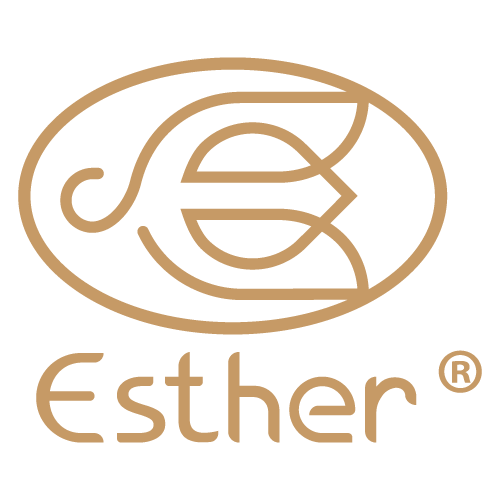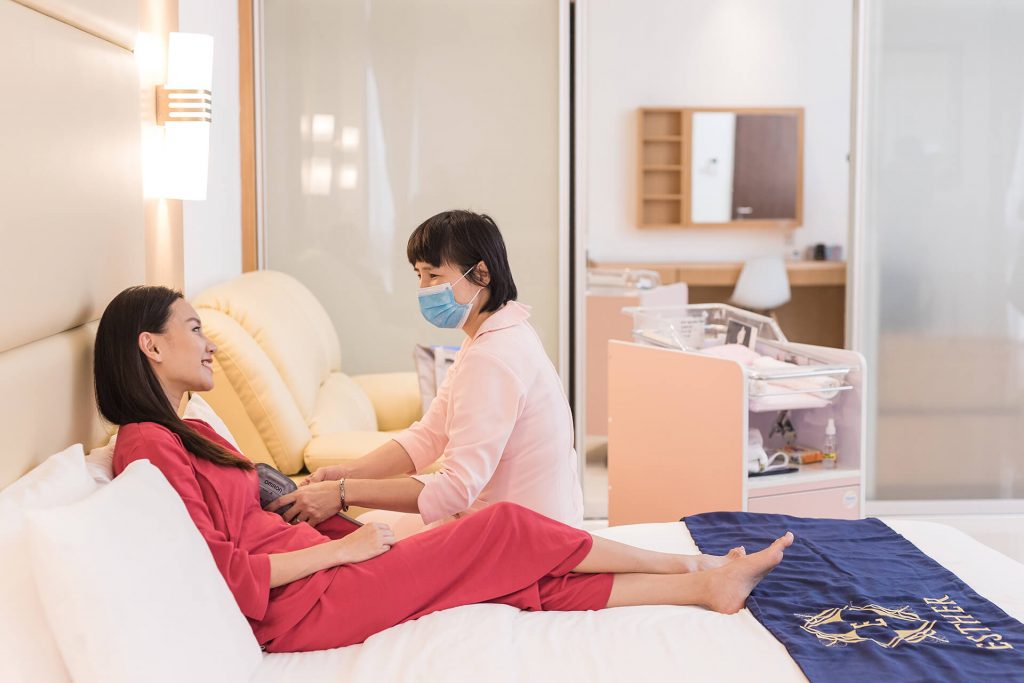The interplay between traditional confinement practices and modern methodologies in Malaysia offers a compelling study of cultural evolution and healthcare advancement. This comparison highlights the depth of conventional wisdom and the transformative impact of contemporary innovations on postnatal care.
Historical Practices: A Glimpse into Tradition
In Malaysia, confinement, or pantang, has long been imbued with rich cultural practices aimed at aiding recovery after childbirth. Historically, new mothers followed a strict regimen emphasising rest and recovery. They adhered to a diet rich in herbal remedies and confinement foods to restore balance and vitality. Traditional practices included avoiding cold foods, minimising physical exertion, and refraining from bathing to safeguard both mother and infant. These rituals were deeply rooted in cultural beliefs and aimed to ensure a smooth recovery period.
Contemporary Innovations: A Modern Perspective
Today’s confinement practices reflect a significant shift towards integrating medical science with traditional methods. Modern approaches offer a holistic view of postnatal care, blending traditional beliefs with evidence-based practices. New mothers benefit from advanced healthcare options, including nutritional counselling, physical therapy, and psychological support. Professional confinement centres have emerged, providing tailored programs that combine traditional customs with modern medical practices, representing this evolution in care.
The Intersection of Tradition and Innovation
The convergence of traditional and contemporary practices reveals a broader trend of cultural adaptation. Traditional methods are adapted rather than discarded, complementing modern medical advancements. For instance, while herbal remedies are still prevalent, their use is now guided by scientific research to ensure safety and effectiveness. Modern health professionals increasingly support dietary restrictions and best practices and customise these practices to meet individual needs.
A Harmonious Blend
The ongoing dialogue between traditional confinement practices and modern methods in Malaysia embodies a harmonious blend of cultural heritage and scientific progress. This synthesis respects historical practices while embracing the potential of modern healthcare to enhance maternal well-being. As both traditional and contemporary methods continue to evolve, they promise a more comprehensive and supportive approach to postnatal care.
Why Do Mothers Now Choose Modern Confinement?
Choosing Esther Postpartum Care means embracing a harmonious blend of tradition and innovation for your postnatal journey. Unlike the challenges of home confinement, our modern approach offers a serene environment, expert care, and tailored support. As a reliable confinement centre, Esther Postpartum Care provides professional guidance on newborn care within a tranquil and supportive atmosphere. We address the gaps in traditional methods while integrating the latest medical and nutritional science advancements. This evolution underscores a growing preference for a balanced and personalised postpartum experience, ensuring new mothers feel well-cared-for and empowered.
Comfort and Enjoyment:
We offer a vacation-like experience with all the comforts and enjoyment of a high-quality confinement service.
Reducing Anxiety:
Overthinking at home can lead to anxiety and restlessness; modern centres offer varied activities to make postpartum life more enjoyable.
Meal Provision:
It might be difficult to find meals suitable for the confinement period at home. We provide five meals a day with ample supplements and desserts.
Professional Assistance:
Many new mothers lack the skills and knowledge to care for newborns. Our professional confinement caretakers offer essential assistance during the postpartum period.
Improved Environment:
Home environments may lack proper ventilation and air circulation. Regular purification ensures clean, fresh, and healthy air.
By blending tradition with modern advancements, new mothers in Malaysia can experience a supportive, effective, and enriching postnatal period.
Conclusion
The journey from traditional confinement practices to modern postnatal care in Malaysia is a testament to the dynamic interplay between culture and healthcare. The wisdom embedded in age-old customs has laid a foundation for contemporary approaches that leverage scientific advancements to optimise maternal well-being.
The modern confinement centre emerges as a harmonious synthesis of these two worlds, offering a supportive environment that respects tradition while prioritising the needs of new mothers. These centres empower women to embark on motherhood confidently and easily by providing expert care, nutritional guidance, and emotional support.
As Malaysia progresses, integrating traditional knowledge with modern methodologies will undoubtedly shape the future of postnatal care, ensuring that every mother receives the best possible support during this transformative period.
This evolution highlights a society that values its heritage and the benefits of progress, creating a holistic approach to maternal care that benefits both mother and child.


